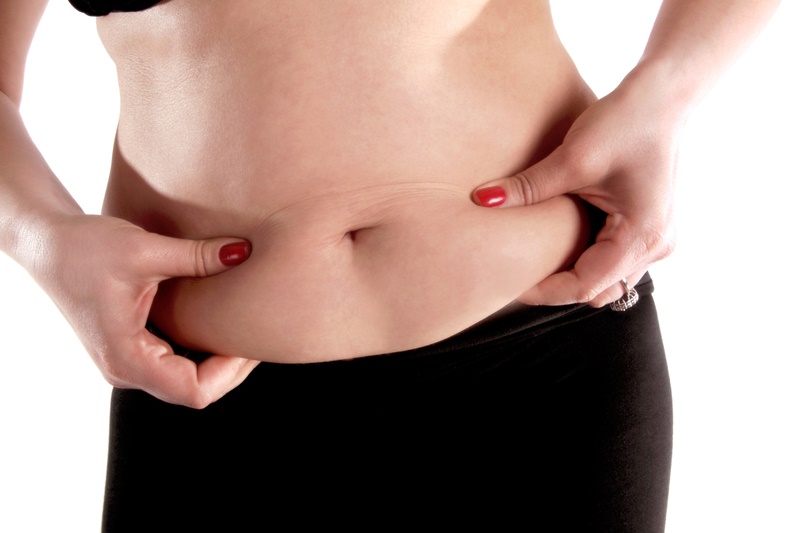Can Ectopic Fat Raise The Risk Of Cardiovascular Disease?
November 29 2017
It’s not the amount of fat in your body but where it’s stored that may increase your risk for heart attack, stroke, and diabetes, according to a study presented at the annual meeting of the Radiological Society of North America.
Researchers from Massachusetts General Hospital recruited 200 people and looked at the differences in fat distribution patterns among overweight and obese men and women and how that affected their cardio-metabolic risk. They found that excess ectopic fat — the fat that lines our organs — was particularly dangerous in women.
“The detrimental fat depots deep in the belly, muscles, and liver are more damaging for cardiometabolic health in women compared to men,” the researchers concluded.
The team from Harvard noted that while men have more fat deposits around the abdomen — sometimes referred to as a “beer belly” — and higher overall risk of heart disease, their higher muscle and lean mass provide a protective effect against ectopic fat.
But more research needs to be done to determine why that is.
How to know if you have too much belly fat?
To measure your middle:
- Stand and place a tape measure around your bare stomach, just above your hipbone.
- Pull the tape measure until it fits snugly around you, but doesn’t push into your skin. Have a friend or loved one check to see if the tape measure is level all the way around.
- Resist the urge to suck in your tummy. By relaxing and exhaling you will record the most accurate measurement possible.
According to the Mayo Clinic, for a women 5 feet and 4 inches tall, a waist measurement of more than 35 inches (89 centimeters) indicates an unhealthy concentration of belly fat and a greater risk of health problems. For a 6 foot tall man that number jumps to 40 inches.
To trim belly fat:
- Avoid sweets and replace sugar-sweetened drinks with water. People who drink a lot of sugary sodas gained more of so-called visceral fat than people who never or almost never drank them, according to recent research.
- Eat more protein. Protein consumption can reduce cravings by up to 60 percent and boost metabolism by 80-100 calories per day. For many people, adding protein is perhaps the single most effective change you can do to your diet. Not only will it help you lose, it can also help you avoid re-gaining weight if you ever decide to abandon your weight loss efforts.
- Reduce your stress levels. Stress can make you gain belly fat by triggering the adrenal glands to produce cortisol, also known as the “stress hormone.” High cortisol levels increase appetite and drive abdominal fat storage. To help reduce belly fat, engage in pleasurable activities that relieve stress like yoga or meditation.
- Replace carbs with fruits and veggies like broccoli, artichokes, and red onions.
- Incorporate aerobic exercise, including walking, running, swimming, or biking or other physical activity into your daily routine. Take the stairs when possible.
- Use an app to track your calorie intake or making small changes to your diet like having meals on smaller plates at home or sharing meals at restaurants can help keep portion sizes in check.
Sourced from Today Health & Wellness
